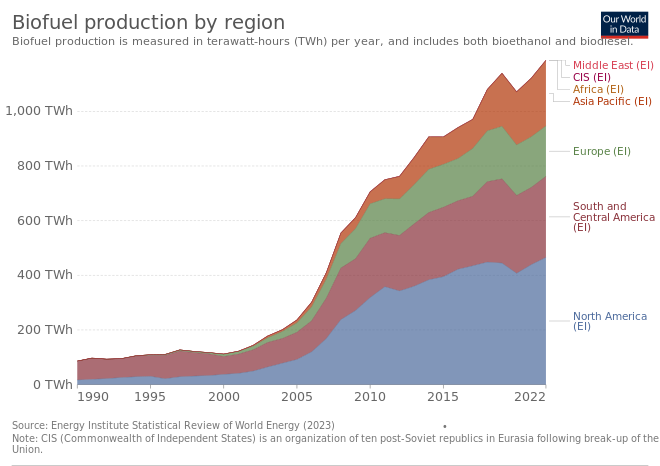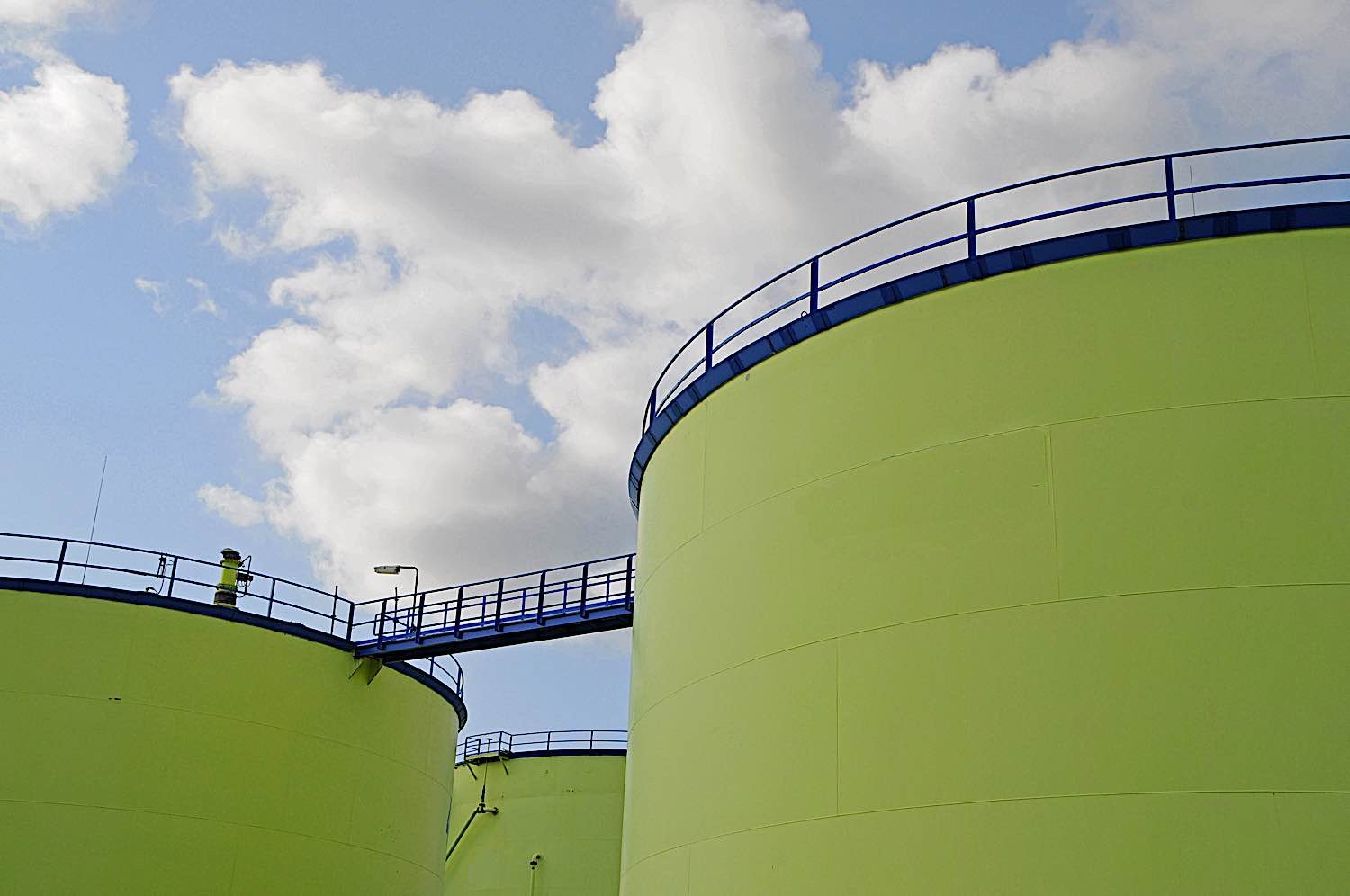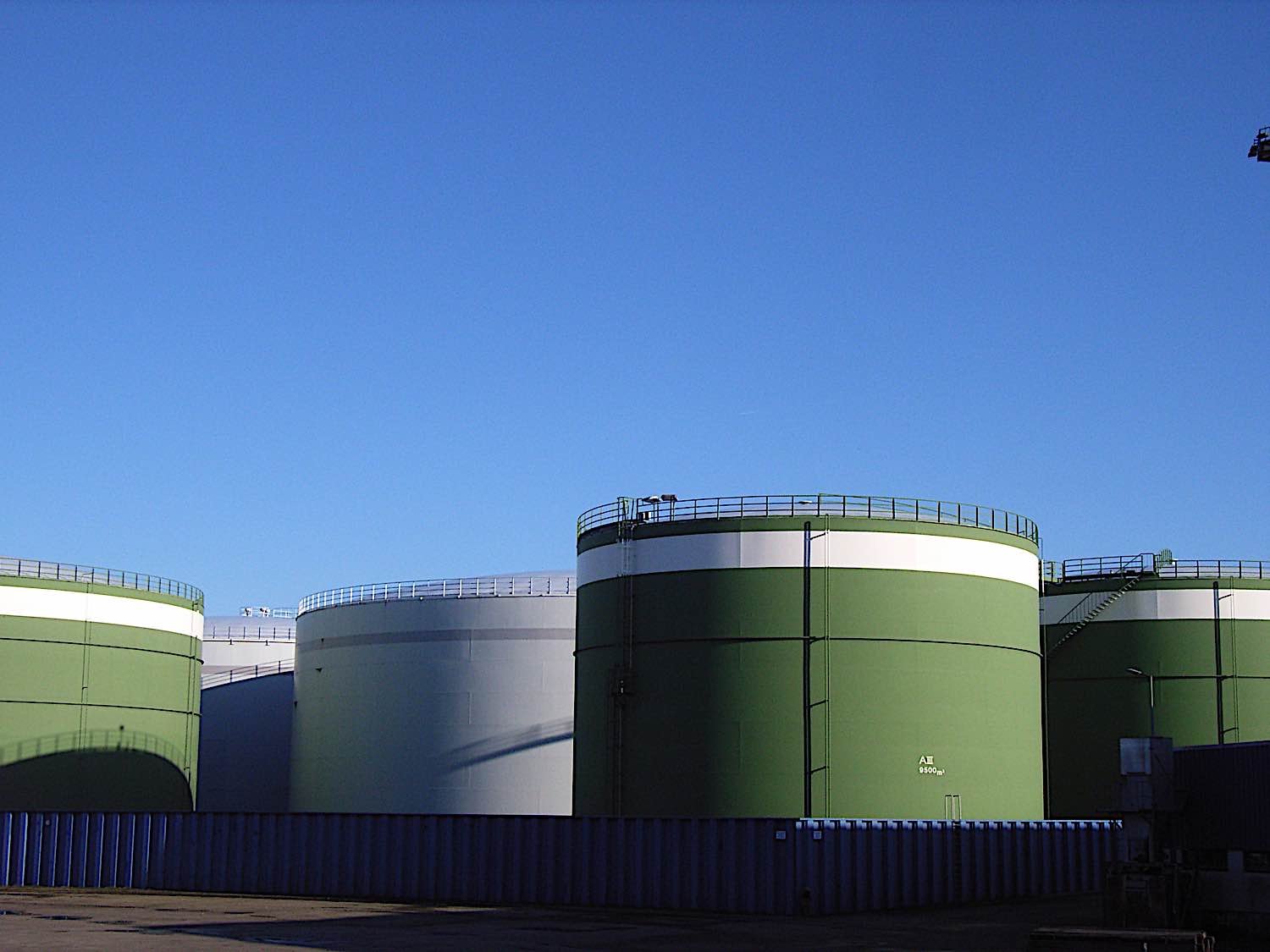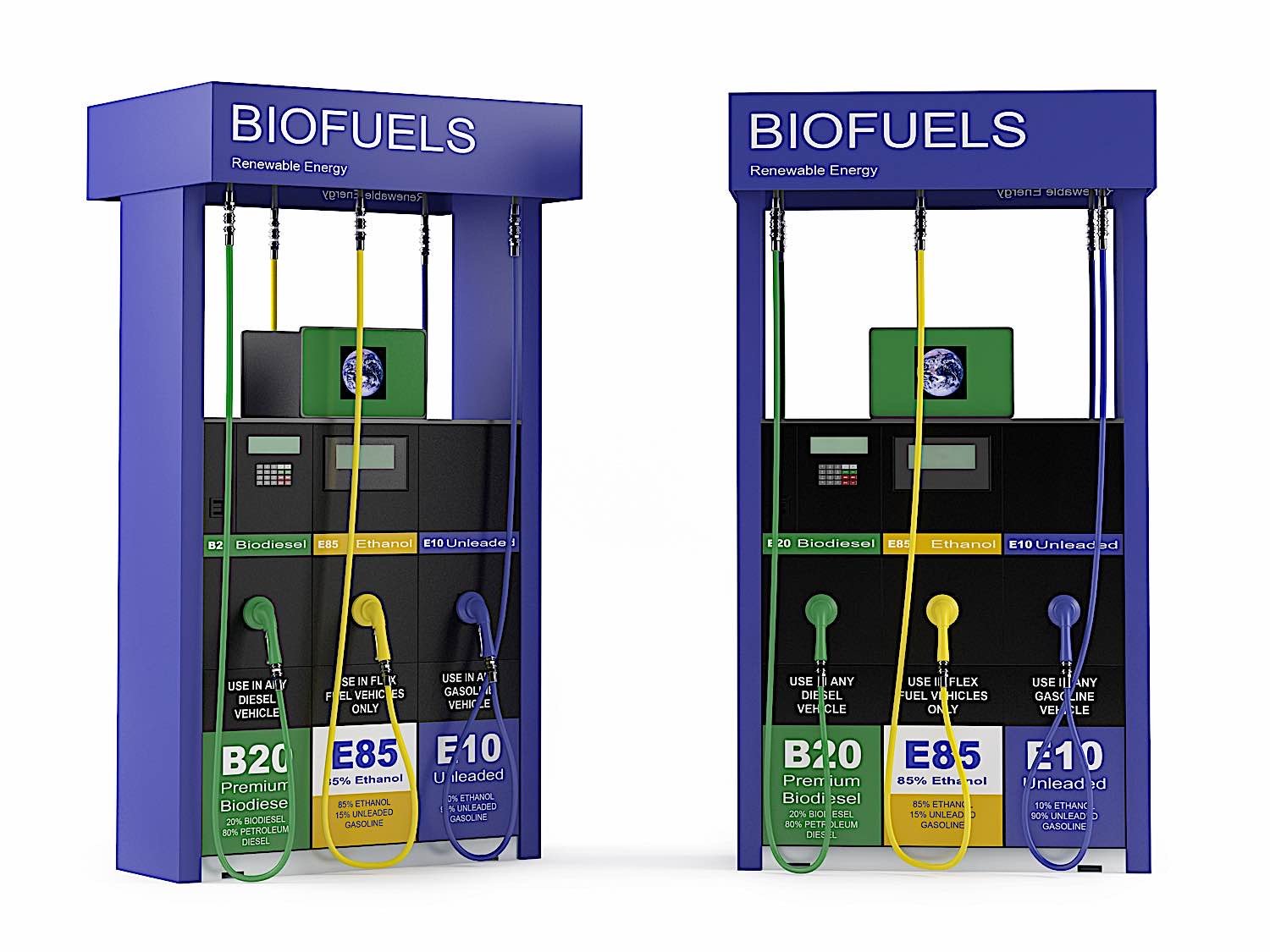Biofuels, an important greener alternative to traditional fossil fuels, underwent a significant transformation over the years. By leveraging cutting-edge science and technology, the biofuels industry has made remarkable strides, with advancements that could forever change the energy landscape. As an engineer or designer in this field, understanding these recent breakthroughs and their potential impact is crucial.

Fast Facts
- Biofuels currently represent around 3% of total road transport fuel globally.
- The United States and Brazil are the largest producers of biofuels, accounting for 45% and 27% of total production respectively.
- By 2025, the global biofuels market is expected to reach $185.3 billion, growing at a CAGR of 4.6% from 2020.
- Second generation biofuels, made from non-food crops or agricultural waste, are expected to account for 27% of the biofuels market by 2025.
- Bioethanol dominates the biofuels market, accounting for 60% of total production.
- Biodiesel production has grown at an annual rate of 13% over the last decade.
- Advanced biofuels could reduce greenhouse gas emissions by up to 96% compared to fossil fuels.
- Biofuels could potentially replace up to 27% of the world’s transportation fuels by 2050.
- By 2030, biofuels are expected to reduce global carbon emissions by 1.7 billion metric tons.
“The discovery is always greater than the seeker. This is true for biofuels, where new innovations not only surpass their discoverers’ expectations but also redefine what is possible in the energy landscape.”

Production and Growth
In terms of production, the global biofuel market saw an uptick in both scale and efficiency. According to a Statista report, biofuel production worldwide reached 152 billion liters in 2019, up from 137 billion liters in 2016. The report anticipates a steady surge in production, expected to exceed 165 billion liters by 2023.
This impressive growth can be attributed to several advances in biofuel production technology. Below we’ve compiled a list of the most notable developments:
- Improved Enzyme Efficiency: The development of genetically engineered enzymes has dramatically improved the process of breaking cellulose into sugars, leading to higher yields.
- Algae-based Biofuels: Algae has emerged as a promising raw material for biofuel production, courtesy of its high oil content and quick growth rate.
- Waste Conversion: Utilizing waste products from agriculture or other industries as raw materials has opened up new possibilities for sustainable and inexpensive biofuel production.

These innovations have reshaped the biofuels technology landscape, bringing with them the promise of a more sustainable and less carbon-intensive future. The recent advancements in biofuels extend beyond mere stat upgrades; these are fundamental shifts that could potentially render the need for fossil fuels obsolete.
Moving forward, it’s apparent that biofuels will play an increasingly crucial role in energy production and sustainability initiatives across the globe. So dig deeper, stay curious, and etch your marks on this exciting roadmap of the future of energy.

Understanding the Essentials of Biofuels Technology
As the world becomes increasingly invested in mitigating climate change, scientists and engineers are in the spotlight, paving the way for cleaner energy alternatives like biofuels.
The technology of biofuels isn’t new – it dates back to the diesel engine’s invention. However, advancements in science and technology have unlocked unprecedented possibilities and optimized biofuels production. A recent Nature Energy article highlights how these advancements are shaping up.
At the heart of it, biofuels technology revolves around bioenergy production using organic matter or crops. These might include corn, sugarcane, or even algae. However, it’s not as simple as just harvesting these crops and turning them into fuel. It’s here that the engineer’s work comes into play, converting this biomass into biofuels such as biodiesel, bioethanol, or biogas.
Conversion Process
The conversion process comprises several steps: initial pretreatment, saccharification, fermentation, and distillation. These stages are optimized to maximize output and reduce environmental impact – essential considerations in advancing biofuels technology. One striking advancement is the enzymes’ enhanced performance designed to break down plant materials into simple sugars during saccharification.
The engineering aspect doesn’t stop at production. Engineers also work on developing efficient biofuel engines and power systems that effectively utilize these fuels. This research published in Applied Energy explores work done towards designing efficient biofuel-powered engines. The maintanance and replacement of small components for newly designed engines and processes is also a growing sector, with components manufacturing and distribution through companies such as Daemar, growing alongside production.
While advancements in biofuels technology are promising, challenges persist. Notably, biofuels’ global impact is heavily dependent on a myriad of factors, including geopolitical considerations, economic viability, and scalability. To achieve the desired impact, engineers need to collaboratively address these challenges with policymakers, economists, and other stakeholders.
The advancements in biofuels technology are challenging yet thrilling. They call for continuous learning, adaptation, and innovation from scientists and engineers. In return, they potentially offer a sustainable solution to our insatiable energy needs and a critical tool in humanity’s fight against climate change.

Biofuels Innovation: A Look into the Future
As we delve into the world of futuristic biofuels, it’s essential to acknowledge the pioneering efforts made in algae-based fuels. Considered an innovative and sustainable solution, algae biofuel has attracted considerable attention for its potential to produce a significantly higher yield compared to traditional biodiesels. Not to mention its environmentally friendly attributes, as algae consume carbon dioxide and can be cultivated on non-arable land1.
The introduction of genetically modified crops specifically designed for biofuel production promises an exciting break in the field. Through genetic modifications, scientists are now able to enhance the quantity and quality of biofuel that can be obtained from crops, such as corn and canola2. The technology may hold a key to more sustainable and efficient biofuels, helping to tackle the food vs. fuel dilemma faced by traditional crop-based biofuels.
Bacterial biofuel is another ground-breaking innovation to watch. Last year, scientists at the University of Edinburgh genetically engineered E. coli bacteria to convert plant waste into biofuels. Described as a pioneering move in the field, the engineered bacteria can break down tough plant waste, which would usually be discarded or burnt, converting it into useful biofuels3.
Nanotechnology applications in biofuel production are stirring up excitement. Currently, researchers are exploring nanoparticle catalysts to improve the efficiency and effectiveness of biofuel production. This cutting-edge technology has the potential to reduce the overall energy cost of biofuel production, making biofuels more economical and feasible4.
In conclusion, these advancements in biofuels technology hold promise for a more sustainable energy future. By staying at the forefront of innovation, the biofuels industry is opening up new possibilities and pathways for renewable energy.

































